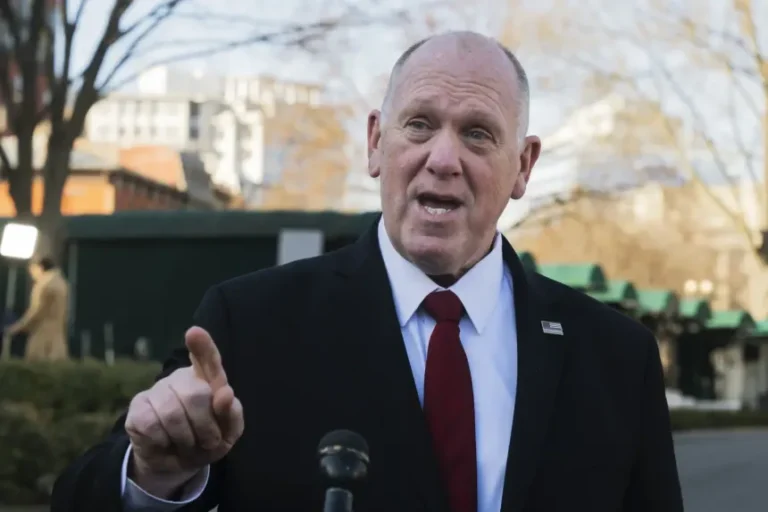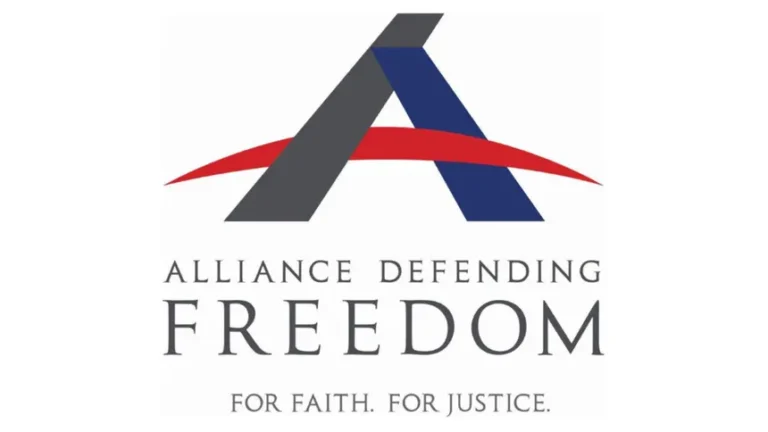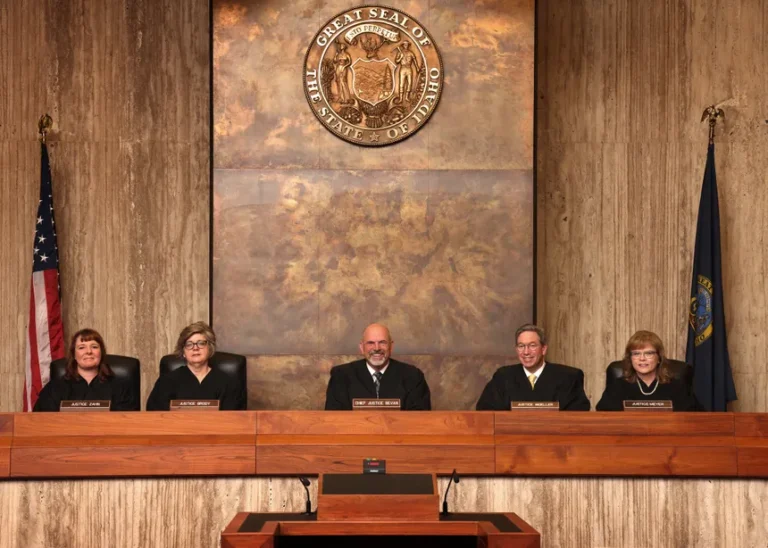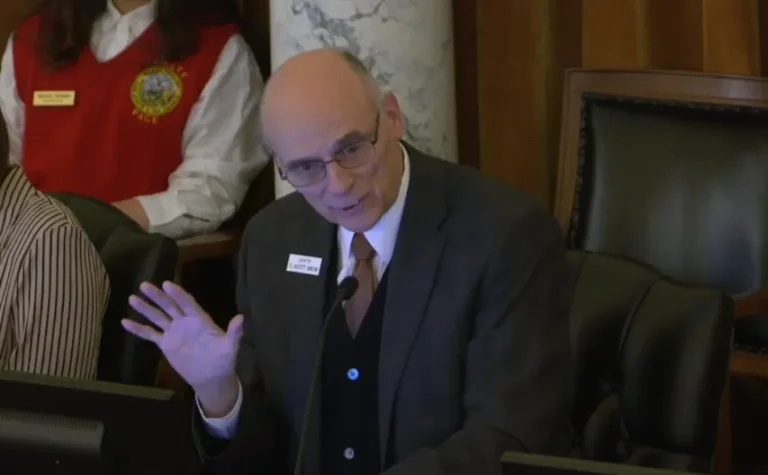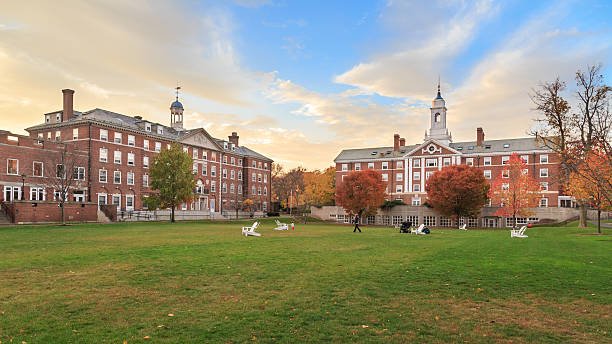
Cambridge, MA, USA - November 2, 2013: Radcliffe Quad undergrad housing at Harvard University in Fall in Cambridge, MA, USA on November 2, 2013.
Federal Judge Issues Temporary Restraining Order on Policy Affecting Harvard
BOSTON — May 23 — A U.S. District Judge on Friday issued a temporary restraining order preventing the Trump administration from moving forward with a policy to revoke Harvard University’s certification to enroll foreign students. The decision came hours after Harvard filed an emergency complaint in federal court challenging the Department of Homeland Security’s action.
Harvard, which enrolls nearly 7,000 international students—over one-quarter of its student body—argued the move would be “devastating” to the university’s operations and academic mission.
Administration Seeks Accountability for Campus Climate
The action stems from a broader effort by President Donald Trump’s administration to review how federally funded institutions address issues such as antisemitism, foreign influence, and campus safety.
Homeland Security Secretary Kristi Noem said the decision to terminate Harvard’s Student and Exchange Visitor Program (SEVP) certification, effective for the 2025–2026 academic year, was based on national security concerns and allegations of a “hostile learning environment for Jewish students,” citing the university’s response to campus protests and its handling of international partnerships.
“Harvard has a responsibility to provide a safe academic environment. When it fails to do so, it should expect scrutiny,” said White House spokesperson Abigail Jackson.
White House Responds to Lawsuit
In response to Harvard’s legal challenge, the White House rejected claims that the administration overstepped.
“If only Harvard cared this much about protecting students from antisemitism and anti-American radicalism, they wouldn’t be in this situation,” Jackson said.
The administration offered Harvard a path to restore certification, requesting records related to international student protests and public safety concerns.
Harvard Pushes Back in Court
Harvard’s leadership, including Interim President Alan Garber, said the university has complied with federal requests and accused the administration of retaliating against the institution’s commitment to academic autonomy.
“This is part of an escalating campaign to pressure universities into abandoning their independence,” Garber said in a letter to the campus community.
In its complaint, Harvard claimed the revocation would disrupt admissions and academic operations days before graduation. The university also argued that the policy infringes on First Amendment protections and academic freedom.
Broader Debate Over Higher Education and Federal Oversight
The case reflects a growing national debate over the role of federal oversight in institutions that receive public funding. The Trump administration has taken a strong stance on accountability in higher education, especially regarding foreign influence, ideological bias, and campus safety.
Other institutions, including Columbia University, have recently restructured programs and policies in response to similar federal scrutiny. Meanwhile, law firms and private organizations have joined ongoing litigation tied to academic independence and federal funding compliance.
